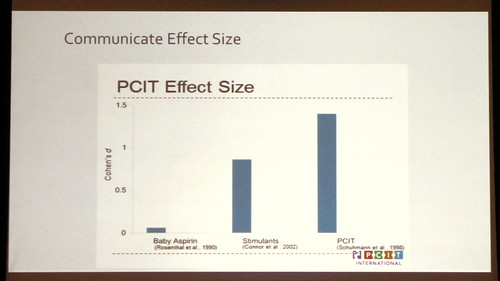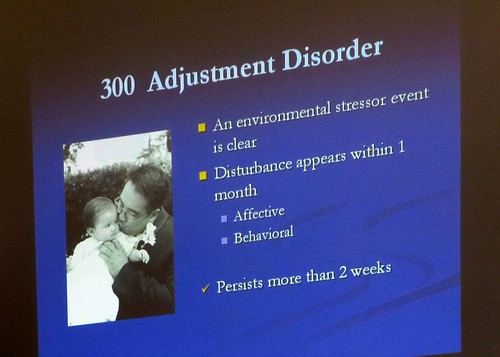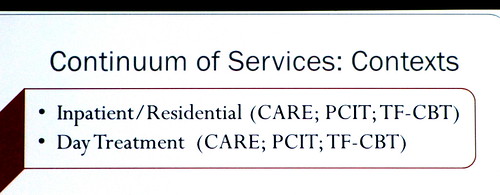
Every domain of development is our concern. Relying too heavily on information from one area underestimates the value of another. We all need each others’ expertise in our work. The more attentive we become in working together, the smarter we are in our own work.http://kidsattuned.com/an-introduction-to-the-interdisciplinary-approach-to-infant-mental-health-section-2/
When you watch a baby and parent interact, the lens of your own discipline colors what you see, and how you interpret your observations. If you are a mental health provider, you may be wondering about maternal depression or attachment disorder. If you are an OT or a PT you may be noticing the atonic neck reflex or the infant’s response to vestibular stimulation. If you are a Speech/ language pathologist, you may focus on the absence of vocalizing or the lack of social referencing. Cross disciplinary information allows us to see how one area of development is influencing another and protects us from misinterpreting a symptom as a cause of the problem.
Barbara Kalmanson's comments on KidsAttuned bring up for me how unique our consultation group is. We have, and continue to have, the kind of diversity of disciplines represented at our meetings she describes as beneficial to getting at the truth of development. -gw




